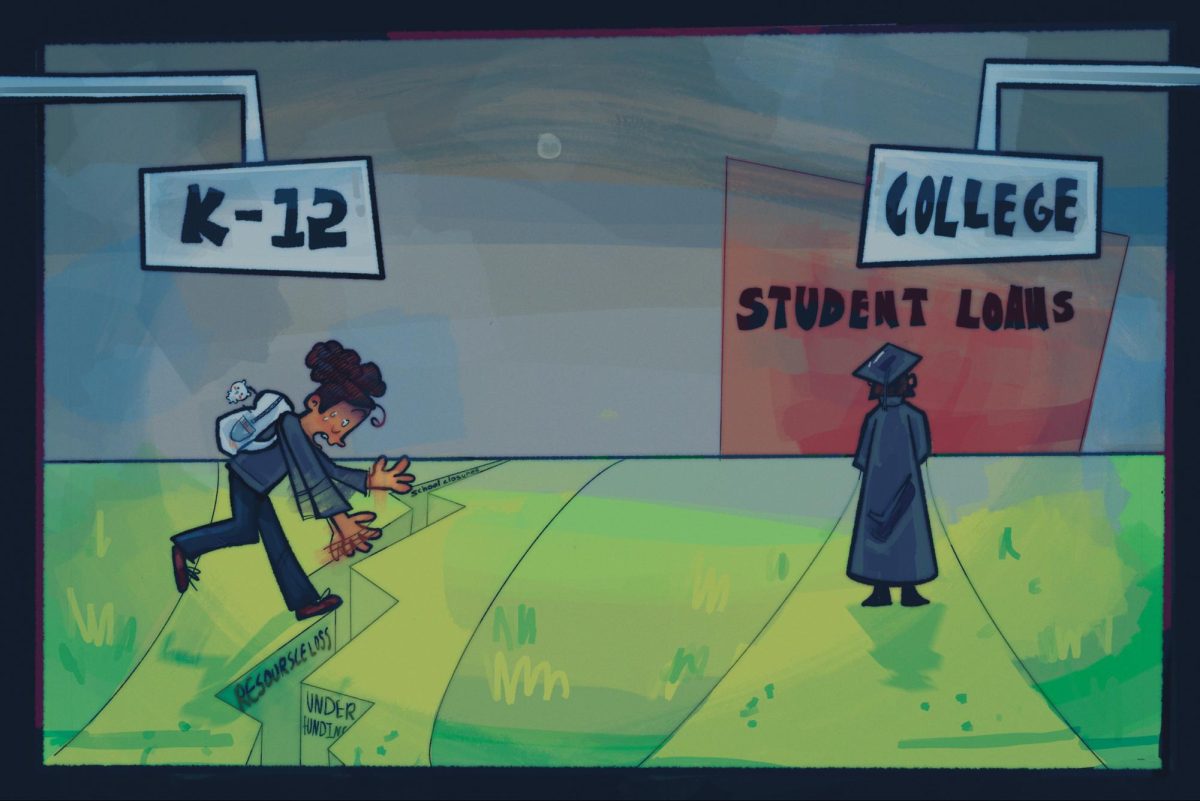Sometimes, it takes us a few more days to fully grasp difficult concepts. Including extra credit opportunities in exams or assignments would give students more chances to demonstrate and apply their knowledge.
Some worry that if students know they can rely on extra credit assignments, tests will lose significance, lowering motivation to prepare. For example, a student who originally scores a two on a test but earns a four on an extra credit assignment might earn a higher overall grade than another student who originally scored a four on the test.
However, according to Nicole Midani, IS1 and IS3 teacher at Northwood, most classes cap remediation scores at the proficiency level, so students’ actual knowledge on a subject is not always accurately reflected. Through extra credit work that dives deeper into learning targets, students can demonstrate knowledge beyond how it is presented on exams while showing improved understanding of the topic over time.
Since students aren’t allowed to remediate if they initially score a three on certain learning targets in many classes, extra credit can be beneficial because it doesn’t replace a student’s original test performance; instead, it challenges learners to think more critically and use their knowledge in real-world contexts. These assignments could include questions on tests based on optional readings or creative projects, such as writing op-eds for English and coding mini projects for computer science.
Ultimately, remediations help reaffirm ideas that students may have missed, but they don’t always repair grade damage completely. Extra credit, when applied reasonably, could work with remediation opportunities to provide students a second chance to grow and build confidence by revisiting targets without the pressure of a test.




















































